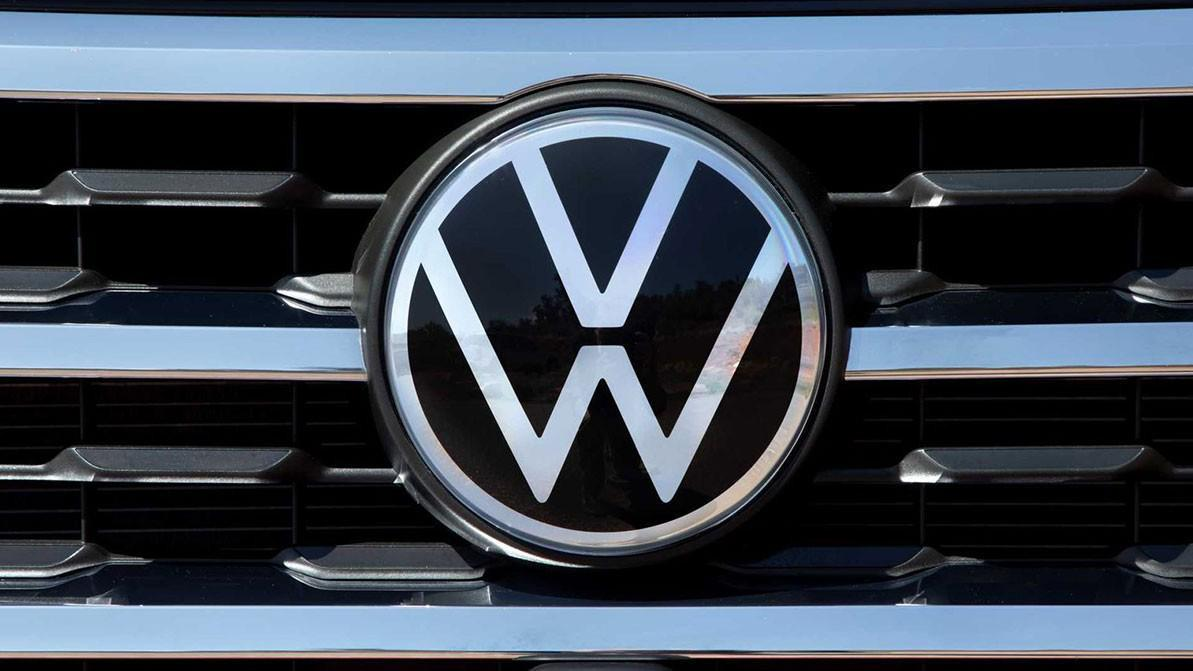German Chancellor Olaf Scholz has voiced his opposition to potential factory closures by Volkswagen, emphasizing that shutting down plants is not the appropriate solution to the company’s current challenges. Volkswagen, Europe’s largest automaker, is currently embroiled in contentious negotiations with employees over pay cuts and the potential closure of facilities, as it seeks to counter high production costs and competition from lower-cost Asian automakers entering the European market.
Scholz expressed his stance in an interview with Funke Media Group, stating that factory closures would be “the wrong way to go.” He also criticized Volkswagen’s management, attributing part of the company’s difficulties to what he described as “poor management decisions.”
Labor Dispute and Ongoing Negotiations
Volkswagen and its labor representatives are set to engage in a fourth round of negotiations on Monday. The dispute centers on the company’s attempts to address rising costs in Germany, a move that has sparked concerns about job security among its workforce.
Volkswagen is a key employer in Germany, and the possibility of plant closures has drawn criticism from politicians and labor unions alike. Lower Saxony, a major stakeholder in Volkswagen and home to several of its facilities, has joined Chancellor Scholz in urging the company to prioritize its employees and avoid shutting down sites.
Political and Economic Implications
As a significant contributor to Germany’s economy, Volkswagen’s decisions carry weight far beyond the company itself. Scholz’s remarks highlight the importance of balancing corporate cost-cutting measures with the responsibility to protect jobs in a challenging economic climate.
Lower Saxony’s premier has also echoed Scholz’s sentiments, further underlining the political pressure on Volkswagen to find alternative solutions. With a global automotive landscape increasingly shaped by competition from cheaper Asian rivals and rising operational costs, Volkswagen’s response to this dispute will be closely watched both in Germany and internationally.
Looking Ahead
The ongoing negotiations will likely determine the immediate future of Volkswagen’s operations in Germany. As the company seeks to adapt to competitive pressures, the outcome of these discussions will serve as a critical test of its ability to balance financial sustainability with its commitments to employees and stakeholders.


















